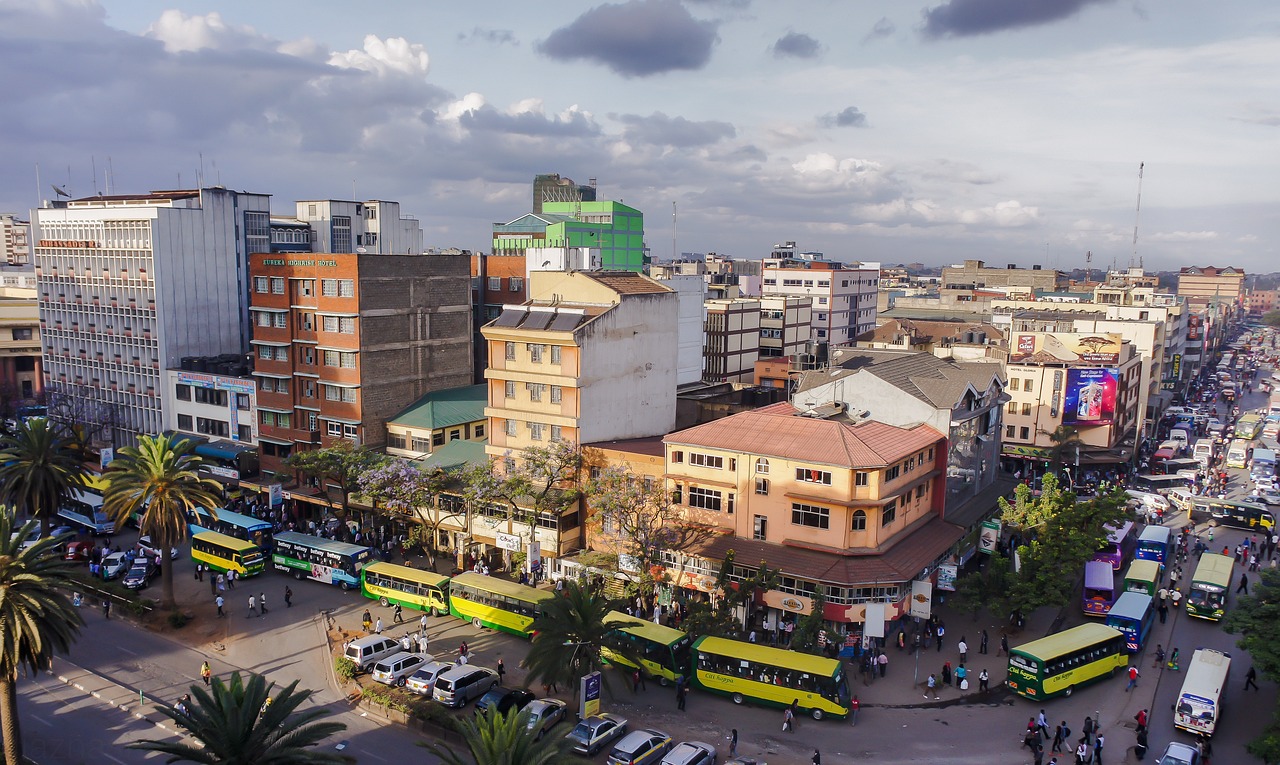Amnesty International and several civil society organizations jointly released a petition on Monday addressed to the National Assembly of Kenya, urging the Departmental Committee on Defence, Intelligence and Foreign Relations to acknowledge and end abductions and renditions in Kenya.
Petitioners recalled that in November 2024, prominent Ugandan opposition figure and former presidential candidate for the Forum for Democratic Change (FDC) political party Kizza Besigye was abducted in Nairobi, Kenya, and resurfaced a few days later in a military court back in Kampala, Uganda. Besigye, along with his colleague Haji Obed Lutale, was charged with offenses relating to security and the unlawful possession of firearms and ammunition at Makindye General Court Martial.
Besigye’s lawyer, Eron Kiiza, was later arrested after reportedly shouting at a court martial after being denied entry to the reserved space for lawyers at a court hearing. He was convicted by General Court Martial for “contempt of court” and sentenced to nine months imprisonment without a fair trial, which amounts to breaches of Article 14 of the International Covenant on Civil and Political Rights (ICCPR).
Besigye was remanded to Luzira Maximum Security Prison in Kampala, where he continues to be detained and charged by a Ugandan military tribunal of treachery pointing to treason on 14 January. On January 31, 2025, the Supreme Court of Uganda found that trying civilians in courts-martial is unconstitutional and ordered that “all charges or ongoing criminal trials, or pending trials, before the courts-martial involving civilians, must immediately cease and be transferred to the ordinary courts of law with complete jurisdiction.”
In their petition, the organizations stressed that by lawfully detaining people, their rights to personal liberty are breached under the Constitution of Kenya and Uganda and international law documents such as the ICCPR and the African Charter on Human and Peoples’ Rights. Additionally, they stated the transfer of Kizza Besigye and Hajj Obeid Lutale to civilian courts on February 21 violates international human rights law which obliges the Kenya government to ensure the right to a fair trial and the freedom from torture and other ill-treatment.
Several international organizations expressed deep concerns about the deteriorating human rights conditions in Kenya and urgently called on the government to fulfill its commitments regarding human rights by ensuring the release of unjustly detained individuals, addressing any harm caused to activists, and ending the abduction of dissenters while holding accountable those responsible for violence and intimidation. However, petitioners argued that the Kenya Defence Forces, the National Intelligence Service, and the National Police Service have failed to give satisfactory responses.
Petitioners called on relevant authorities in Kenya to acknowledge that abductions and renditions potentially constituting crimes under international law have been committed in Kenya. Further, they should urgently summon the national security organs to promptly, thoroughly, impartially, and transparently investigate all reported cases and take necessary measures to end abductions and renditions in Kenya within a reasonable time. By Helena Tian, Jurist






